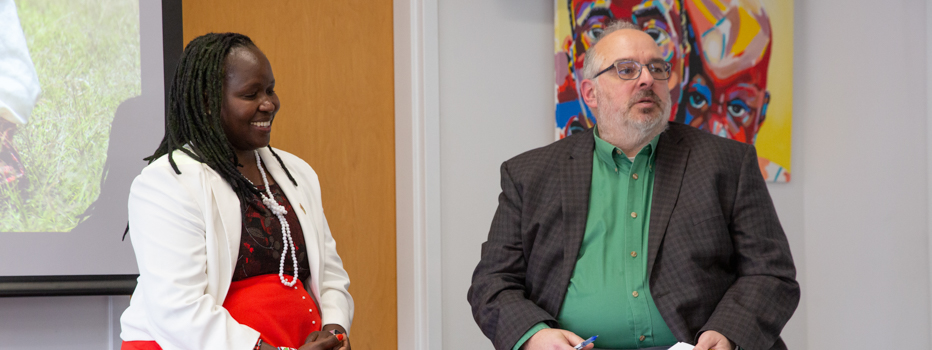Become a world-class researcher in equity-driven educational policy.
Our PhD in Education Policy provides you with a deep and nuanced understanding of the education policy process, including policy formulation, implementation, and evaluation, and the methodological approaches used to examine these processes and their effects. As a student, you will also explore how the (re)design of policies and systems create substantive improvements in learning opportunities for learners of all ages.
Through apprenticed research experiences and coursework, students will be prepared to engage in collaborative partnerships with a range of policy stakeholders including educators, leaders, policymakers, students, and communities across local, national, and international contexts



















